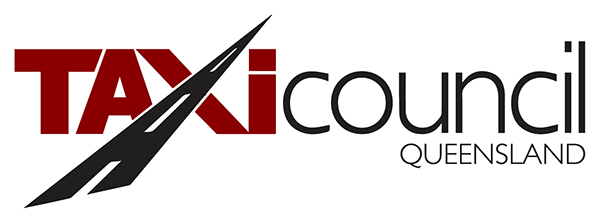In light of the ongoing Coronavirus (COVID-19) pandemic, Taxi Council of Queensland (TCQ) has compiled advice from the Australian Government Department of Health and the Centers for Disease Control and Prevention (CDC) to ensure the safety and well-being of passengers and operators of Queensland cabs.
Taxi Drivers Are Essential Workers
The list of critically essential workers to be exempt from COVID isolation has been expanded by national cabinet in order to help ease the pressure on workforces and supply chains. This exemption has been extended to include all people working in the public transport industry, meaning taxi drivers are considered critically essential and may be able to return to work if they are a close contact of a positive COVID-19 case.
A taxi driver can leave quarantine to carry out their work if they:
- have no COVID-19 symptoms
- are fully vaccinated (2 doses of a vaccine and, if eligible, a booster shot).
When not working, taxi drivers that are close contacts must immediately return to quarantine.
High-risk close contacts, like those who are living with someone with COVID-19, must take a rapid test (RAT) every second day until day six of their isolation period. Those who are considered low risk do not have to have regular tests, but must monitor for symptoms.
If you develop COVID-19 symptoms you must return to quarantine and not continue to work. Get tested and remain in quarantine until you return a negative result and your symptoms resolve.
TCQ recommends that taxi drivers contact their Taxi Booking Company for assistance in the event they become a close contact.
How can I protect myself and others?
As a taxi driver, potential sources of exposure include coming in close contact with a passenger with, or touching surfaces touched or handled by a person with COVID-19.
- Get tested if you are sick
- If you develop symptoms consistent with COVID-19 call your healthcare provider for medical advice and guidance
- Obtain a PCR test where possible, and isolate until you return a negative result
- Limit contact
- Avoid close contact with passengers when possible, consider asking passengers to handle their own personal belongings during pick-up and drop-off
- Avoid using the recirculated air option of the vehicles ventilation during passenger transport; use the vents to bring in fresh air from outside, and/or lower the cars windows
- Avoid contact with surfaces often touched by passengers or other drivers such as door handles and frames, seatbelt buckles, and other vehicle parts before they are appropriately sanitised
ADVICE TO TAXI DRIVERS
- You should employ extra cleaning practices at the end of each shift, as part of good hygiene practice. Including the sanitisation of:
- seats
- door handles and window controls
- seatbelts and buckles
- payment equipment
Information on how to clean your vehicle can be found by clicking here.
ADVICE TO TAXI PASSENGERS
- Avoid direct contact with the driver and other passengers, Safe Work Australia suggests sitting in the rear passenger seat of the vehicle
- Practice good cough/sneeze hygiene, and hand hygiene:
- wash your hands frequently with soap and water or an approved hand sanitiser
- cover your cough or sneeze with a tissue, or cough/sneeze into your elbow or upper arm, dispose of tissues after use, and use an alcohol-based hand sanitiser to clean your hands afterwards, and
- avoid close contact with others (stay more than 1.5 metres away from people)
While COVID-19 is of concern, it is important to remember that most people displaying symptoms like fever, cough, sore throat or tiredness are likely to be suffering from the common cold or another respiratory illness – not COVID-19.
For further information and advice, please visit our Resources tab.
